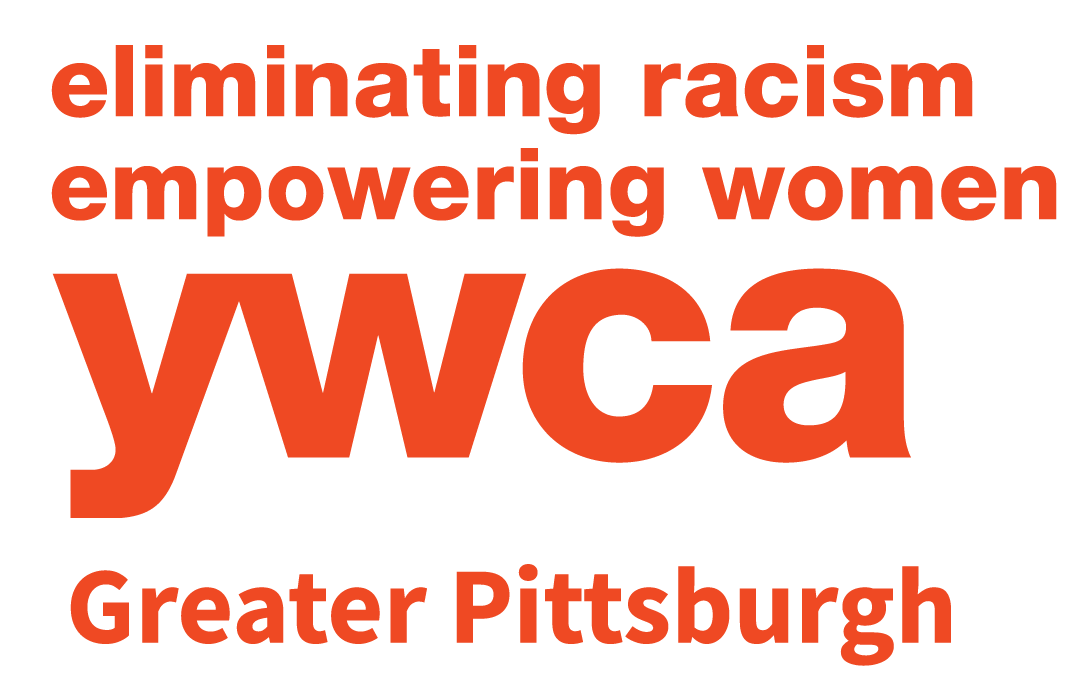How the “Motherhood Tax” Impacts Women
If you’re a mother, you may have heard of the “motherhood tax” or “motherhood penalty”—and, even if you haven’t heard of this “tax,” you may still be paying it. AAUW defines the motherhood penalty as “the phenomenon by which women’s pay decreases once they become mothers.” But how, and why?
The myth that women with children must choose between being a “career woman” or caregiver can contribute to a variety of issues working moms face.
“Many working mothers are shut out of leadership roles because some employers assume that women’s caregiving commitments make them inappropriate candidates for demanding jobs.”
AAUW, “The Motherhood Penalty”
A 2022 research study, “Beyond the Baby Bump: Subtle Discrimination Against Working Mothers In the Hiring Process,” found evidence of “subtle discrimination” against non-pregnant working mothers: “…mothers received more negativity in callback messages than women without children, men without children, and fathers. They were also rejected more quickly than women without children and fathers.” Mothers face discrimination in the hiring process, and once they’re hired, a major question arises: how will the motherhood penalty affect pay?
While all mothers on average face pay inequity, adding racial disparities to the equation shows that even this inequity is not equal. The National Women’s Law Center created an interactive tool to examine the wage gap for mothers by state and by race. In PA, full-time, year-round working moms earn $0.73 for every dollar paid to white, non-Hispanic fathers, but for Black mothers, this rate lowers to $0.56, and for Latina mothers, $0.49. In discussing the motherhood penalty Black women face, journalist Kimberly Wilson writes, “We’re already playing catch-up when it comes to building wealth and financial security, but when you add the extraordinary costs of fertility and maternal care to this equation, the math becomes impossible.”
As Wilson mentions, systemic racism and sexism already impede career and salary growth for women of color, and discrimination against mothers adds yet another layer of financial penalization. Because mothers of color are most severely affected by unfair pay and hiring discrimination, it is imperative that Black and brown moms are centered in conversations about moms’ pay equity.
Converse to the motherhood penalty, working fathers are typically boosted for their status as parents in what is often called the “fatherhood bonus.” Parenthood pay gap researcher Dr. Michelle Budig told the New York Times: “‘Employers read fathers as more stable and committed to their work; they have a family to provide for, so they’re less likely to be flaky … That is the opposite of how parenthood by women is interpreted by employers. The conventional story is they work less and they’re more distractible when on the job.’”
Deeply rooted stereotypes and biases around gender, class, and race play substantial roles in how parents are viewed, treated, and paid at work. House Bill 630 recently passed in the PA House, and if it makes it through the Senate, it could be a major win in the process of ensuring pay equity for all Pennsylvanians. The bill would ban pay discrimination based on gender, race, or ethnicity; protect workers who report wage disparities from retaliation; and prevent employers from using a person’s salary history as the sole determinant of their new salary, among other improvements. Contact your senators and encourage them to take this step toward pay equity for mothers and all workers in PA!
